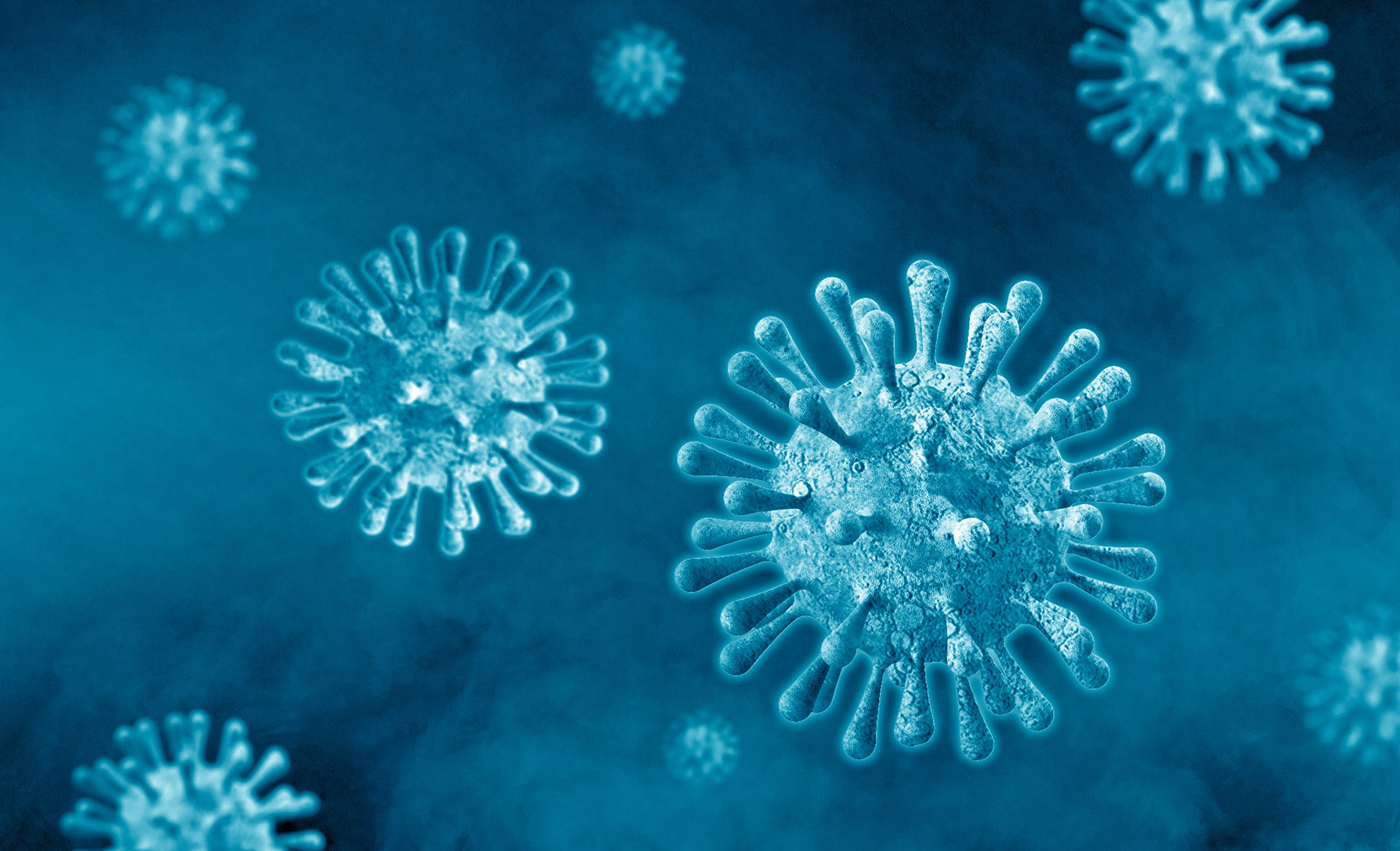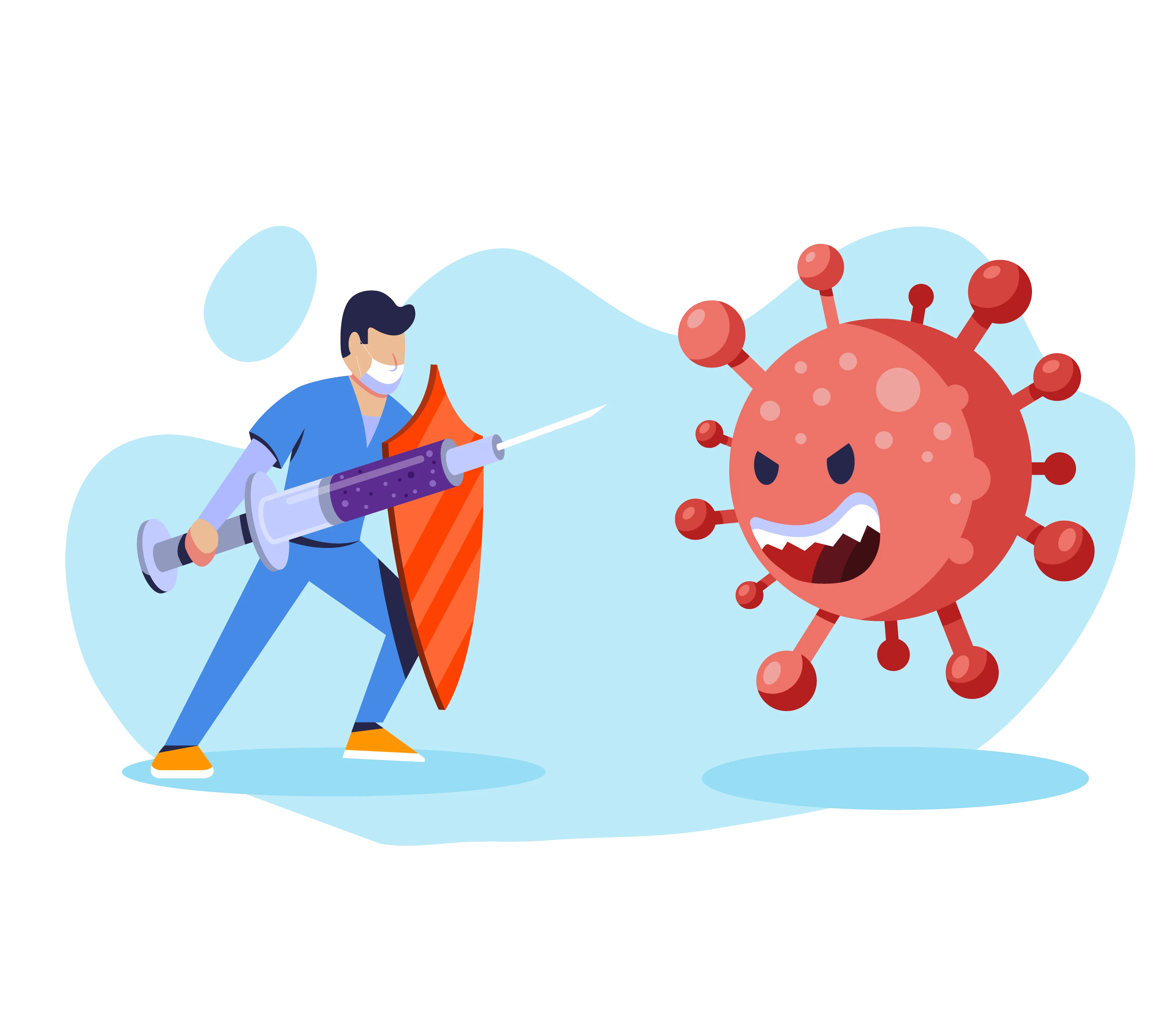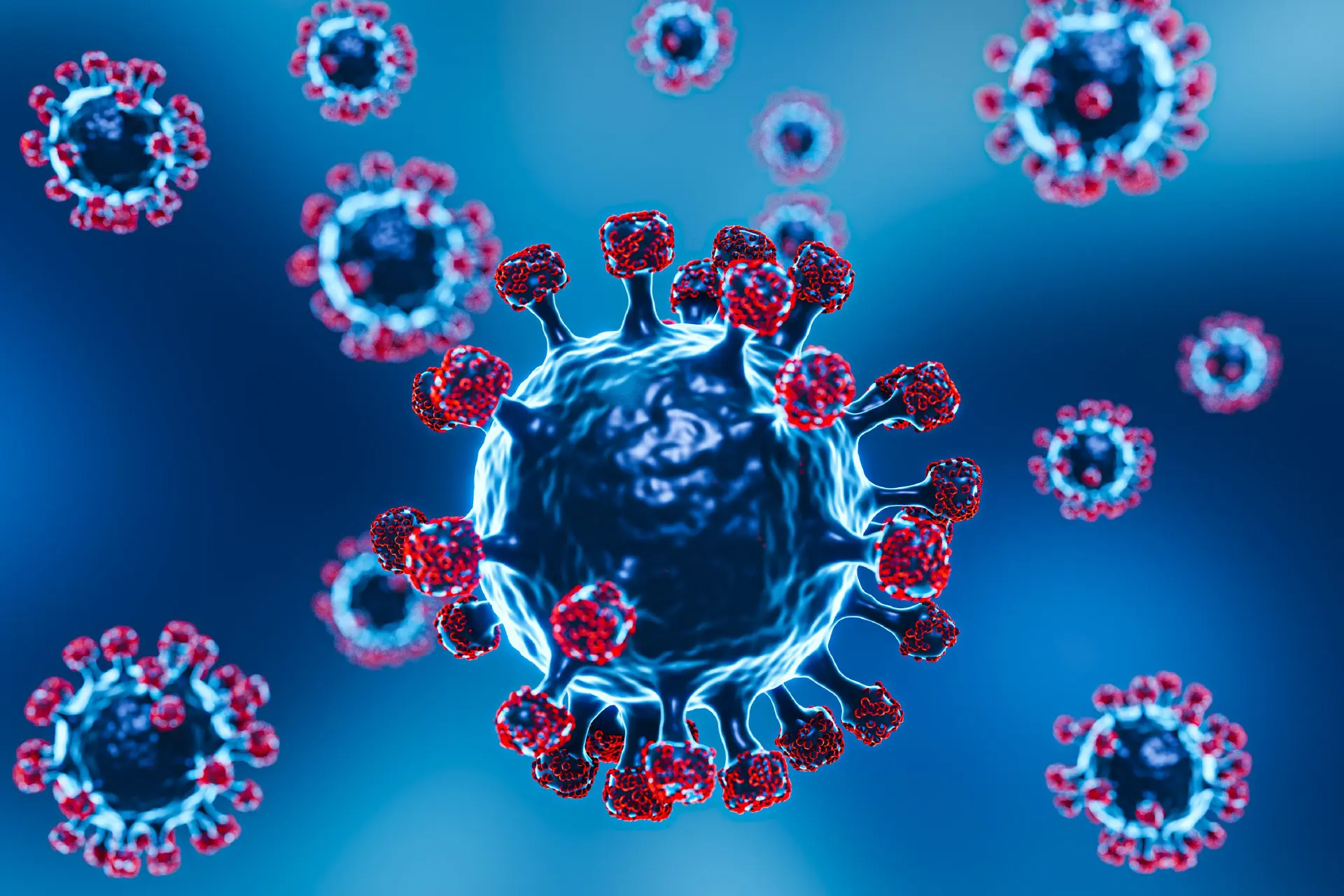Covid | 4 min read
Omicron Virus: All You Need to Know About It and How to Protect Yourself
Medically reviewed by
Table of Content
Key Takeaways
- Omicron or B.1.1529 is a virus of concern that is spreading rapidly
- COVID-19 symptoms like loss of taste have not been yet noticed
- This new COVID-19 variant has undergone 30 mutations in spike protein
Things seemed to get back to normalcy and the world was slowly recovering from the COVID-19 pandemic. With offices and schools reopening in some parts of the country, it was a relief to see that everything was coming back on track. However, a new COVID-19 variant began to spread its wings in South Africa on November 24 and was classified as a Variant of Concern B.1.1529 by WHO [1]. It was named omicron virus.
Scientists have red-flagged this new COVID-19 variant as it has a large number of mutations on its spike protein. SARS-CoV-2 has generated rapid mutations that have given birth to variants like delta, kappa and delta plus to name a few. This omicron strain is considered to be more dangerous than the previous delta variant, which was responsible for the second wave.
To understand more about the omicron virus and how to keep yourself protected from it, read on.
Additional read: COVID-19 Facts: 8 Myths and Facts About COVID-19 You Should Know![All you need to know about Omnicron]() How Did the Omicron Virus of Concern Develop?
How Did the Omicron Virus of Concern Develop?
A new strain originates when the virus is active and undergoing mutations. The more a virus spreads, the higher will be the number of mutations it undergoes [2]. The delta variant responsible for second wave had around 10 mutations on its spike protein part. However, this variant has undergone close to 30 mutations on its spike protein alone and around 50 mutations in total.
There have been a few omicron virus cases in India too. While the first two cases have been reported in Karnataka, there have been similar cases being reported in other parts of the country as well. So far 23 positive cases have been reported so far in India.
How Quick Does This Virus Transmit Infection?
Since this new COVID variant has undergone more than 30 mutations, it is considered to be dangerous. Though this variant is being studied, experts believe that it may be more contagious than the previous delta variant. Few mutations of this strain have an increased transmissibility rate. This means that infection due to omicron virus spreads at a faster rate. This was also the reason behind the sudden surge in COVID-19 cases in South Africa.
Are Its Symptoms Different from Usual Covid-19 Symptoms?
Omicron virus symptoms are mostly similar to COVID-19 signs. A few common symptoms include:
- Body aches
- Sore throat
- Body weakness
However, in omicron cases, COVID symptoms like loss of taste or smell and breathing problems have not been reported so far. Few patients were asymptomatic and the rest only faced mild symptoms.
Can Vaccines Protect You from This Omicron Virus?
WHO is working to understand if vaccines are effective against this new variant. They may help in reducing the severity of the disease but research needs to conclude this fact [3]. A cause of concern is the rapid mutations undergone by the virus on its spike protein. According to WHO, if you have had previous COVID infection, you may be at a higher risk for omicron reinfection.
Additional read: Covishield vs Sputnik vs Covaxin or Pfizer? Major Differences and Important TipsHow Should You Protect Yourself from the Omicron Virus?
Similar to COVID, you can protect yourself from this strain by following the usual protocols strictly. These are a few precautionary measures you can observe.
- Always wear a mask when you step out
- Ensure that the mask covers your mouth and nose
- Maintain social distancing
- Avoid visiting crowded or poorly ventilated places
- Clean your hands by washing it thoroughly
- Vaccinate yourself without any delay
Now that you have realized that this variant is a virulent strain, the only way to stay safe is by following COVID-19 guidelines. Though research about this virus is still underway, you can do your bit by protecting yourself and your loved ones from this new variant. Get your tests done if you notice any unusual symptoms and isolate yourself from the rest of your family member. For getting lab tests, check out healthcare packages on Bajaj Finserv Health, book COVID-19 tests and get your results on time. Stay safe and protect yourself as well as your loved ones from the omicron virus.
References
Disclaimer
Please note that this article is solely meant for informational purposes and Bajaj Finserv Health Limited (“BFHL”) does not shoulder any responsibility of the views/advice/information expressed/given by the writer/reviewer/originator. This article should not be considered as a substitute for any medical advice, diagnosis or treatment. Always consult with your trusted physician/qualified healthcare professional to evaluate your medical condition. The above article has been reviewed by a qualified doctor and BFHL is not responsible for any damages for any information or services provided by any third party.

 How Did the Omicron Virus of Concern Develop?
How Did the Omicron Virus of Concern Develop?




